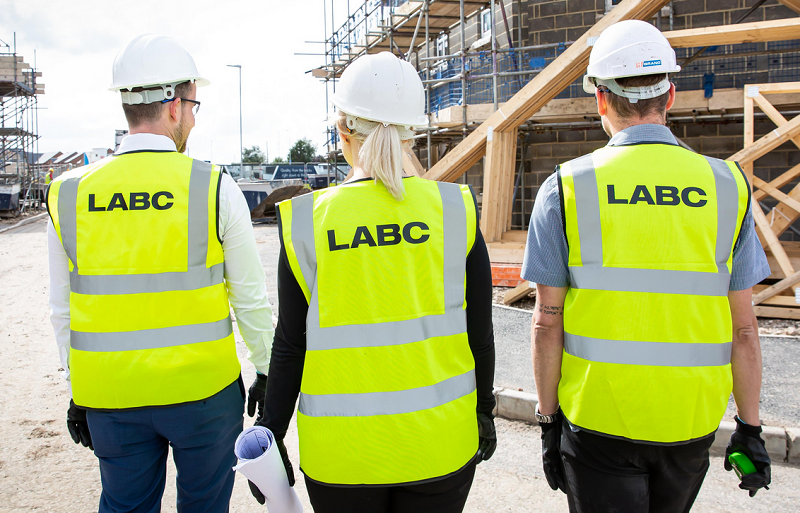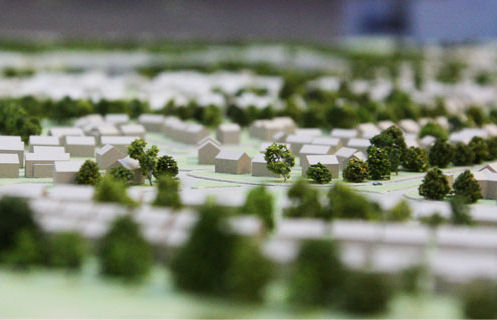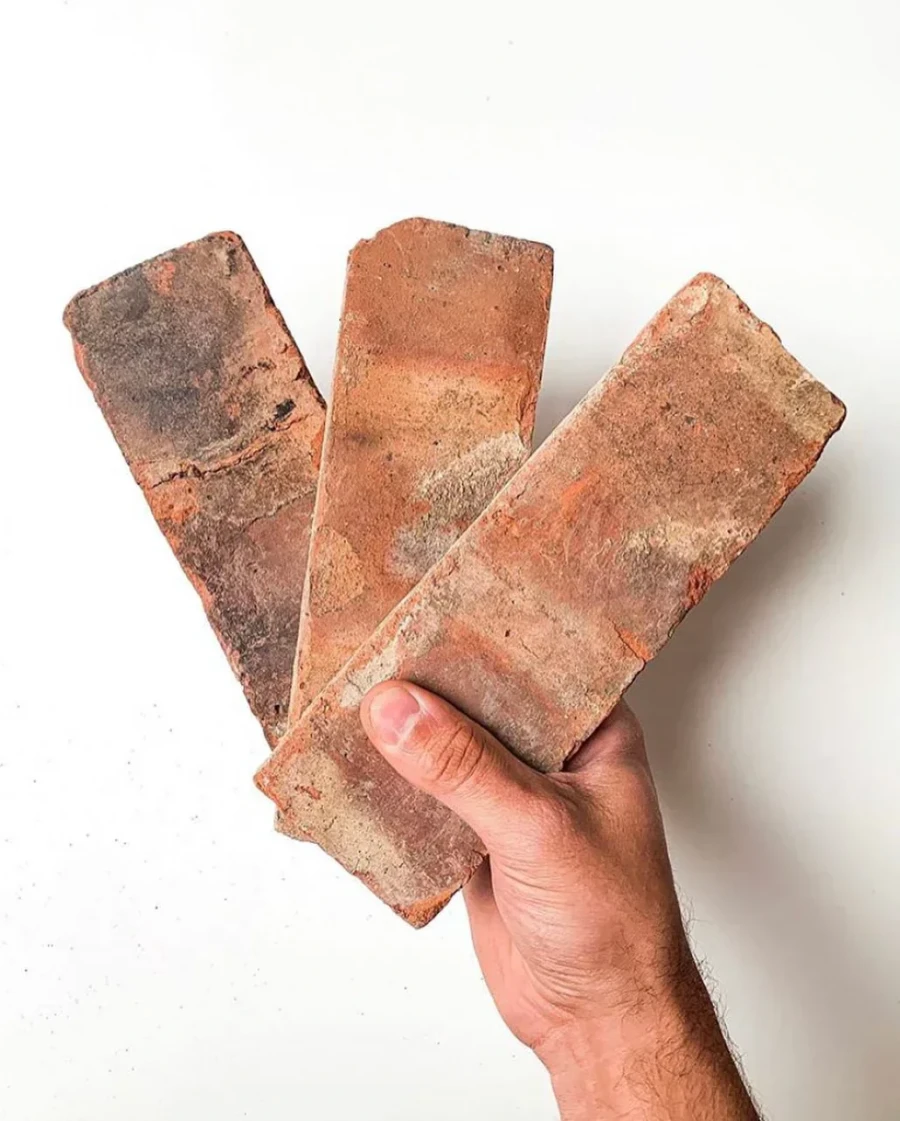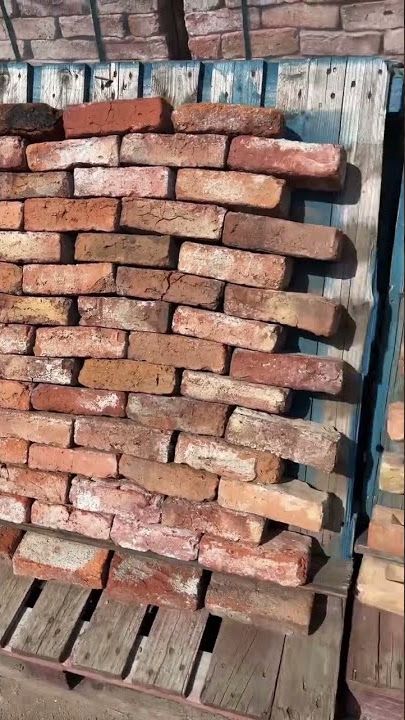The damning final report of the Grenfell Inquiry has shown the need for competence but there is still a great deal of work to do.
The publication is a landmark moment in the history and future of the UK construction industry, said the Construction Products Association (CPA).
It also raises critical issues relating to construction products. The Inquiry’s findings make clear that the tragedy was wholly avoidable, but for a failure in culture, practice and competence.
“We acknowledge and agree with these findings, and again extend our sympathies to the families and wider Grenfell community,” said the CPA.
“Many of these issues identified by the Inquiry have also been highlighted previously by the Independent Review of Building Regulations and Fire Safety (led by Dame Judith Hackitt) and the Independent Review of the Construction Product Testing Regime (led by Paul Morrell OBE and Annelise Day KC).
“The recommendations from all these reports provide a clear picture about what needs to change in the industry. They also reflect the guiding principles that have shaped the CPA’s work since the Grenfell tragedy over seven years ago, and we have accepted them all.
“We continue to work closely with manufacturers, government, the regulators and industry to develop and introduce new standards and legislation that will drive reform.
“This is not job done. The Inquiry report is the most powerful reminder, if we needed one, that we must double-down on safety. The CPA is committed to continuing this important work.”
The Inquiry’s final report and recommendations will shape the industry for decades to come, said the LABC.

“The Inquiry has had significant statutory powers which have enabled it to see things others could not see,” it stated “Following our own internal investigations into historic activities within LABC, we note that the conclusions reached by the inquiry entirely coincide with our own.
“LABC cooperated fully with the Inquiry throughout, providing detailed evidence and testimony. We can see there are justified criticisms about some of our actions at the time. LABC admitted errors at the very first opportunity and apologised immediately and repeatedly. Again, we wholeheartedly acknowledge and apologise for any areas where LABC has failed in the past.
“LABC today is not the same organisation as it was. Even before the Inquiry started, we embarked on a period of radical change as an organisation. We take the Inquiry’s conclusions extremely seriously and will continue the process of reform within LABC itself, and the promotion of new standards, the building safety regime and the registration of the building control profession.
“We are completely committed to playing our part in educating, building and validating the competence and standards of the building control sector so that we can help deliver safe and decent homes and buildings for all.”
BRE was also heavily criticised in the report, it welcomed the publication and fully supports the process of ensuring that a tragedy such as this can never happen again.
“We have nothing but the deepest sympathy for the friends and families of those who lost their lives, and all those whose lives were changed by the fire," it said.
“We will be reviewing the report and its recommendations and will continue to work constructively with government to ensure the new building safety and testing regime delivers on the findings of the Inquiry’s report and is fit for purpose.”
Brain Berry, Chief Executive of the Federation of Master Builders (FMB) said: “While the nation’s local builders are, for the most part, far removed from work that has been investigated as part of the Grenfell Tower Inquiry, it does not mean they are precluded from improving industry standards. Domestic builders do not have minimum competence levels; they are not a protected profession like plumbers or electricians. If industry and government are serious about delivering competence, then introducing minimum standards for entry into domestic building work is a must – this is competence from the ground up.
“The new government needs to turn away from a culture of cutting regulation, which in part has led to poor building safety, and license domestic builders, underpinning the building regime with minimum standards. Why should homeowners not share in the safety net implemented post-Grenfell? Without minimum standards, unregulated or ‘dodgy’ building work will continue, and the industry will not shake off its poor reputation, which is driven by rogue operators plying their trade free from consequence.
“However, where government has tried to regulate domestic builders, through the Building Safety Act, mostly for work involving building control, they have only outlined high level requirements without any underpinning competence. This has left builders confused and worried about committing to work they feel they may no longer be competent to do. The new Government must address this immediately, so industry has clear guidance.”
Manufacturer Kingspan described yesterday as another extremely difficult day for the relatives and survivors of the Grenfell Tower fire and we extend our deepest sympathies to those impacted by the tragedy.
“We welcome the publication of today’s report which is crucial to a public understanding of what went wrong and why,” it said “It explains clearly and unambiguously that the type of insulation (whether combustible or non-combustible) was immaterial, and that the principal reason for the fire spread was the PE ACM cladding, which was not made by Kingspan.
“Kingspan has long acknowledged the wholly unacceptable historical failings that occurred in part of our UK insulation business. These were in no way reflective of how we conduct ourselves as a Group, then or now. While deeply regrettable, they were not found to be causative of the tragedy.
“Kingspan has already emphatically addressed these issues, including the implementation of extensive and externally-verified measures to ensure our conduct and compliance standards are world leading.
“We remain committed to playing a leading role in providing safe and sustainable building solutions, including continuing to work with government and industry partners.”
Arconic’s subsidiary, Arconic Architectural Products SAS (AAP), supplied sheets of aluminium composite material that were used to manufacture the rainscreen for the Grenfell Tower refurbishment.
“The fire was a terrible tragedy and as Arconic remembers the 72 people who died, our thoughts remain with the families, friends and all of those affected,” it said.
“AAP was a core participant in the Inquiry and has acknowledged its role as one of the material suppliers involved in the refurbishment of Grenfell Tower.
“The company respects the Inquiry process. AAP cooperated fully with the work of the Inquiry and will continue to engage with further legal processes. Together with other parties, AAP has made financial contributions to settlements for those affected, as well as to the restorative justice fund.”
Celotex, whose insulation product made up 95 per cent of the building’s insulation, said it was now considering the report’s contents “with care”.
Changes since the 2017 fire included improved process controls, quality management and the approach to marketing within the Celotex business: “We conducted our own review to interrogate the circumstances in which the RS5000 product had been tested, launched and marketed. This review was a significant and thorough undertaking, and the results of that work were disclosed promptly and proactively to relevant stakeholders, including the Grenfell Tower Inquiry.”
The firm added: “That system was substantially different to that used at Grenfell Tower. Decisions about design, construction and the selection of materials for the tower were made by construction industry professionals.
“Celotex Limited continues to cooperate fully with all official investigations into the Grenfell Tower fire.”
It added that independent testing commissioned following the review “demonstrated that the cladding system described in the Celotex RS5000 marketing literature met the relevant safety criteria”.
Electrotechnical and engineering services body ECA has responded to the Grenfell Tower final report by welcoming changes to the Building Regulations and standards of competence in the built environment.
ECA Chief Operating Officer Andrew Eldred said the report once again shines a spotlight on the imperative for improved standards of competence in the built environment.
“Thanks to stronger collaboration across the electrical industry in recent years, we undoubtedly find ourselves better placed to meet these higher standards than most other installer sectors, even if there is more still that needs to be done,” he added.
“Through ECA’s active participation in the Construction Leadership Council, Working Group 2 and the British Standards Institute, we are also doing all we can to assist improvements across the entire built environment – including pointing to good practice examples in the training, assessment and certification arrangements which the electrical industry already has in place.”
ECA Director of Technical and HS&E Mike Smith said: “We welcome changes made to the Building Regulations, particularly duties to employ competent organisations and individuals, ensure collaboration within design and construction teams, mandate reporting of compliance and safety issues, and professionalise consent and approvals processes.
“Enforcement of the rules has historically been a weak spot. Which is why we strongly support the introduction of the Building Safety Regulator, to oversee changes and deploy a strict regime for higher risk buildings that continues through the life of the building.”




















